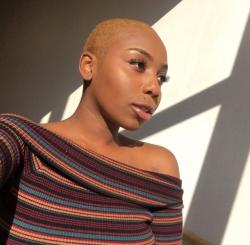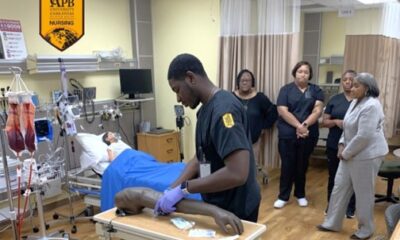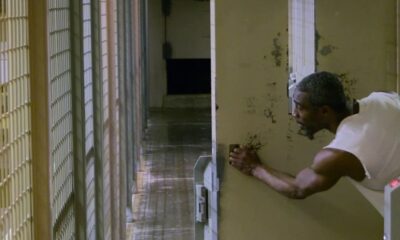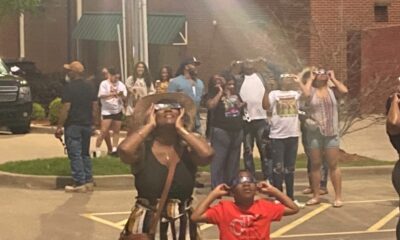Black History
Why America Needs the National Memorial for Peace and Justice
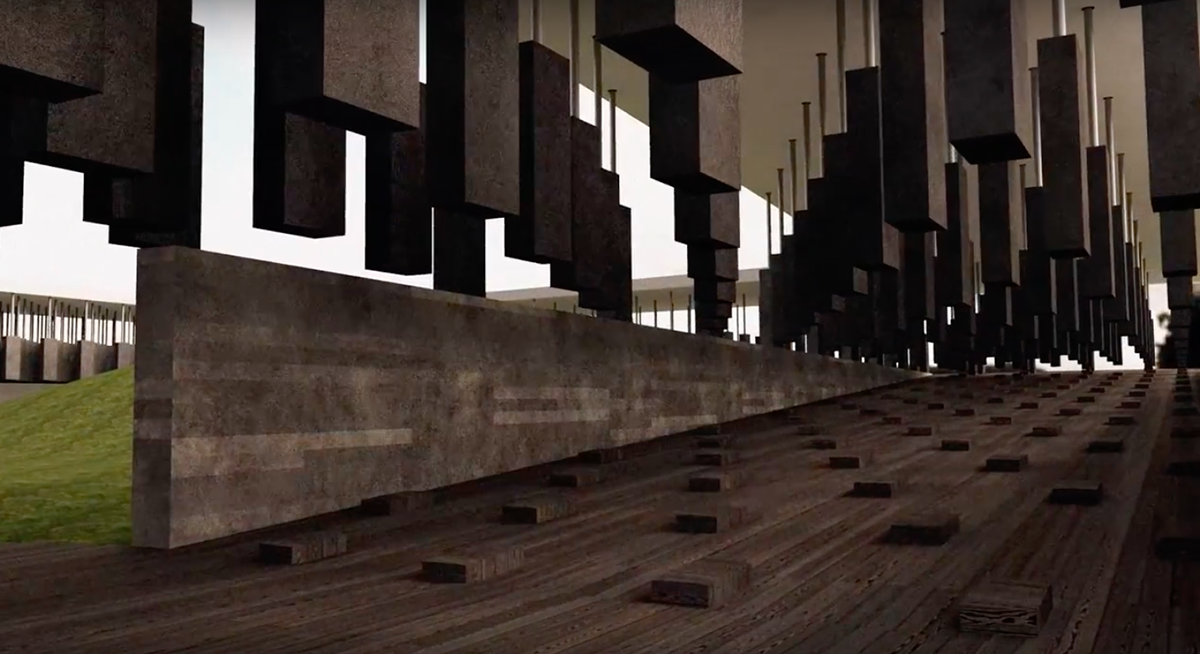
So… about the lynching museum being built in Montgomery, Alabama and featured recently during CBS’ 60 Minutes. I am just as surprised as many African Americans to learn that a memorial honoring the thousands of African Americans who were lynched will open on April 26th in Montgomery, a hotbed of racism and protests during the 1960s.
Oprah, in her role as a correspondent for the veritable newsmagazine, focused on the civil rights attorney behind the memorial, Bryan Stevenson. Stevenson and his team have helped clear more than 100 death row inmates through the Equal Justice Initiative, and he has argued successfully before the Supreme Court. After watching the interview with Oprah and Stevenson, I was torn.
On the one hand, I was proud of this man who chose to educate the community and the nation about the horrific brutality against black bodies during slavery and the Jim Crow era by building the National Memorial for Peace and Justice, largely with private donations. But, I also recognized a feeling of déjà vu. Our ongoing trauma as black people in this country is most often marginalized and seen as a horror from the past as the report created a backlash from those upset by the nature of the
The pictures shown during this report were horrific. Mobs of white faces dressed in their Sunday best, some looking onward, some smiling into the camera and others with eyes lifted upward at the black life they’d just ended. Scores of eyes witnessing the torture of another human hit me in my core.
Stevenson made a point to express that the lynching of thousands of African American men, women and children were public crimes that were witnessed and celebrated. Newspapers often advertised the lynching as “events.” And, it wasn’t just enough to kill black people, the bodies of victims were often burned, mangled, castrated and dragged through towns as examples of what would happen to blacks if dared challenge the status quo.
I believe the public needs to be educated on horrific acts like these. It is a part of American history and if we don’t discuss and learn from it, then we are toying with the possibility that history will repeat itself. Although the Jim Crow era is a time and a mindset we’d like to forget, we must remember that ideology and energy are rarely destroyed, they merely change forms.
Today’s America is still plagued by the modern-day lynching of black men, women and children. The only difference is many of these murders don’t occur only on Sunday. They are happening throughout the week during routine traffic stops, and the perpetrators are wearing blue and carrying badges. Many innocent black lives have been taken and are taken by police officers in America, only to have the video documentation of these murders circulated on social media for public consumption.
The lynch mobs haven’t gone anywhere. They’ve only changed positions and functions. I know this is a depressing concept, but as Bryan Stevenson stated in his interview, “truth and reconciliation are sequential. We cannot have the latter without the former.” Racial trauma and disparity affect the oppressed and the oppressor. We need to heal and to do that, we must address the truth of today so that we can work together for peace and reconciliation for tomorrow.
Kambrya Bailey is a native to Beaumont, CA. She’s a Mass Communications student, studying Broadcast Journalism at the University of Arkansas at Pine Bluff. Visit https://backyardinternet.com to read more of her work.

-

 Black History5 months ago
Black History5 months agoThe untold story of a Black woman who founded an Alabama hospital during Jim Crow
-
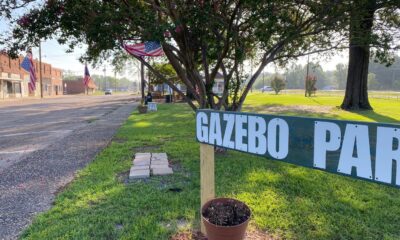
 Featured9 months ago
Featured9 months ago‘No Closure’ In Town Where Five Black Residents Were Either Murdered, Died Suspiciously Or Are Missing
-
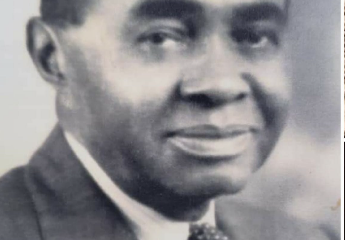
 Black History9 months ago
Black History9 months agoBlack History Lost and Found: New Research Pieces Together the Life of Prominent Texas Surgeon and Activist
-

 Featured9 months ago
Featured9 months agoFounder of “The Folding Chair” Podcast Calls Montgomery’s Brawl ‘Karma’
-

 Featured8 months ago
Featured8 months agoThousands ‘Live Their Dream’ During National Black Business Month
-

 Featured10 months ago
Featured10 months agoJuneteenth And ‘246 Years Of Free Labor’ Are Key To Conversations About Reparations

